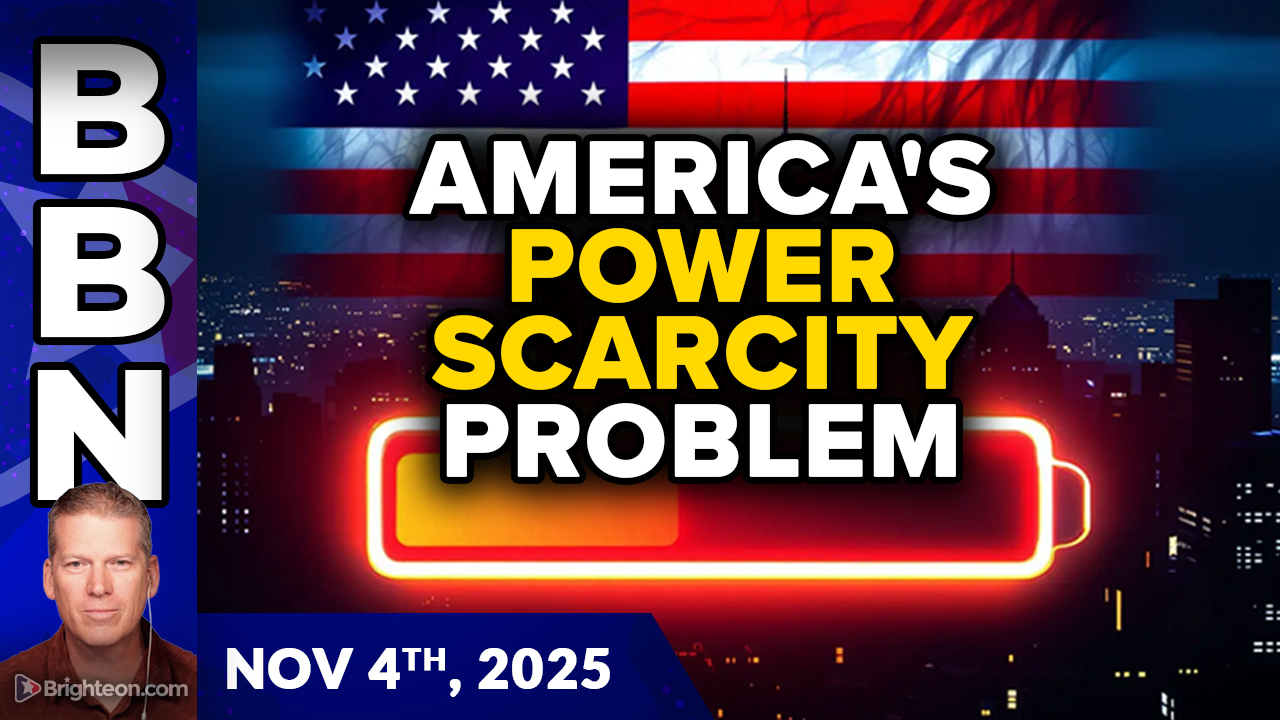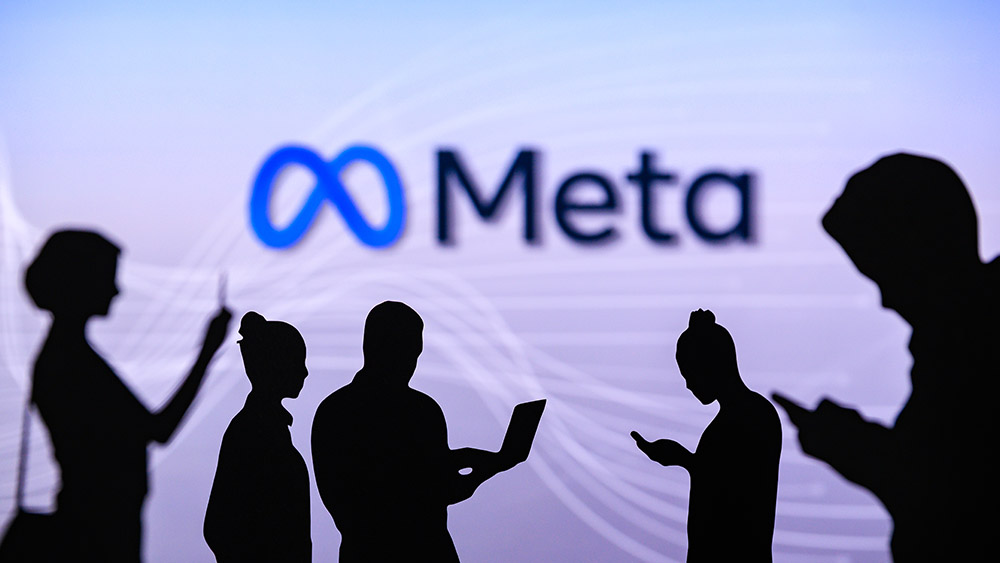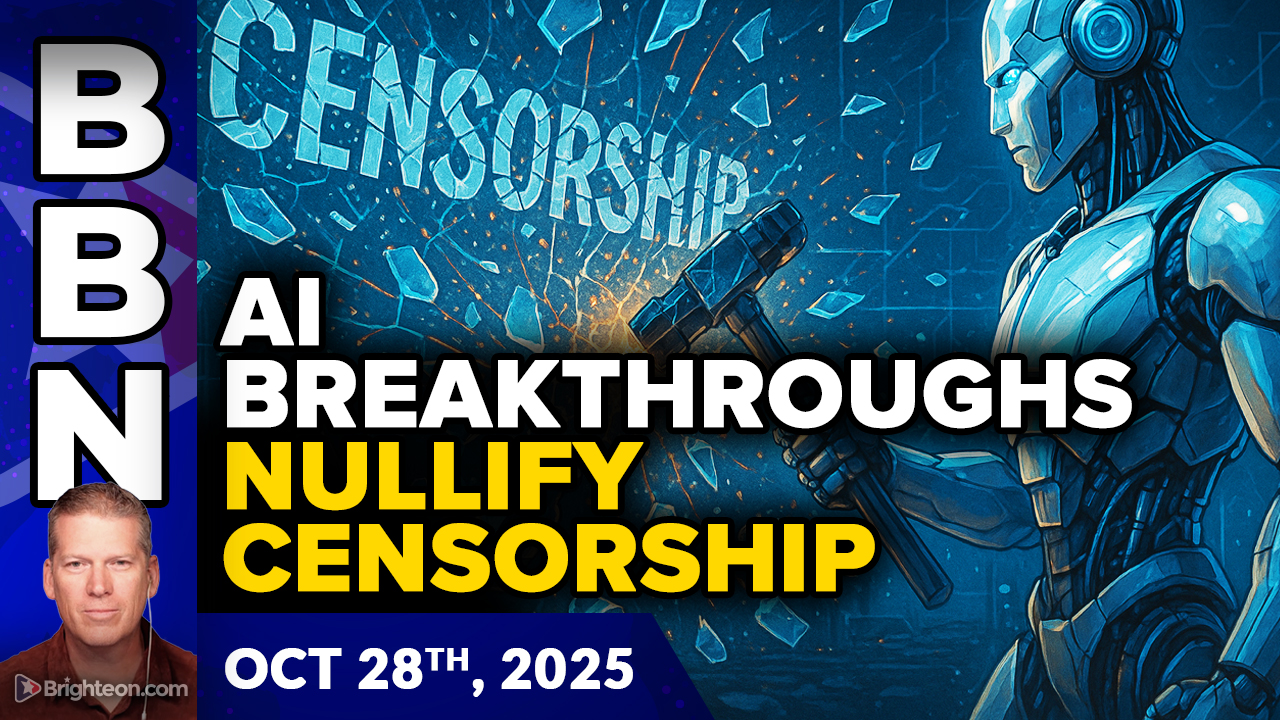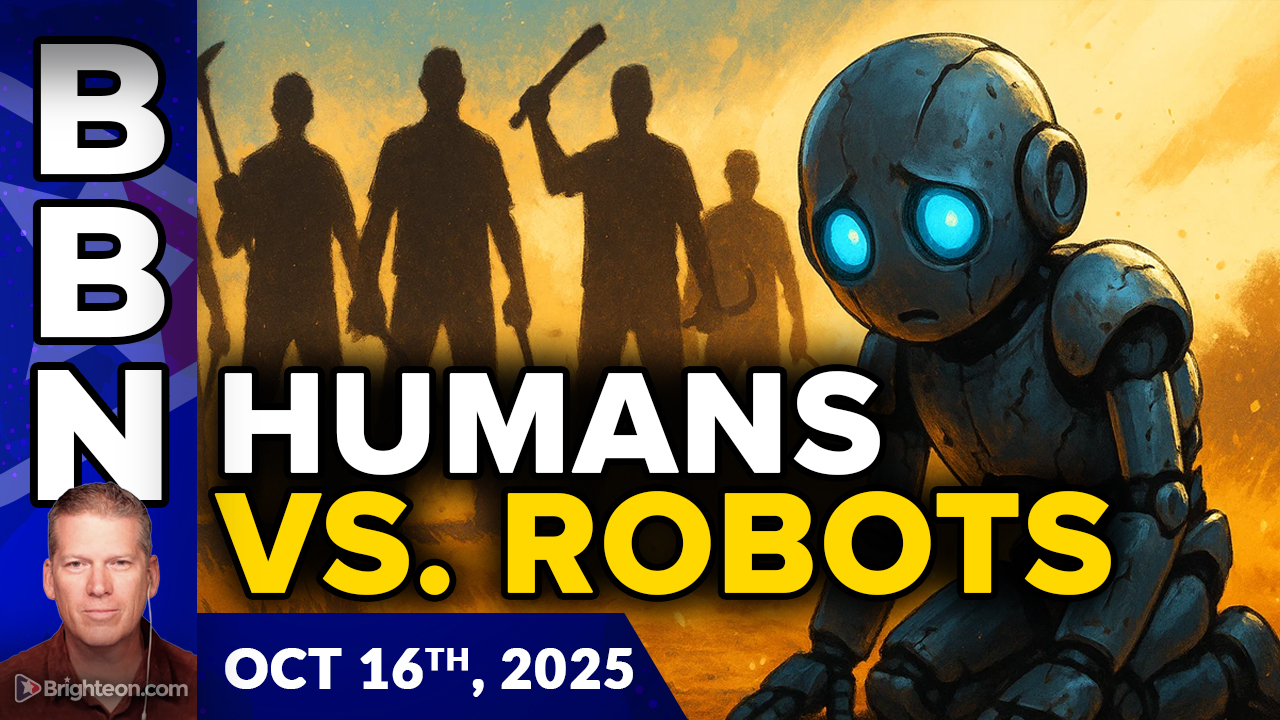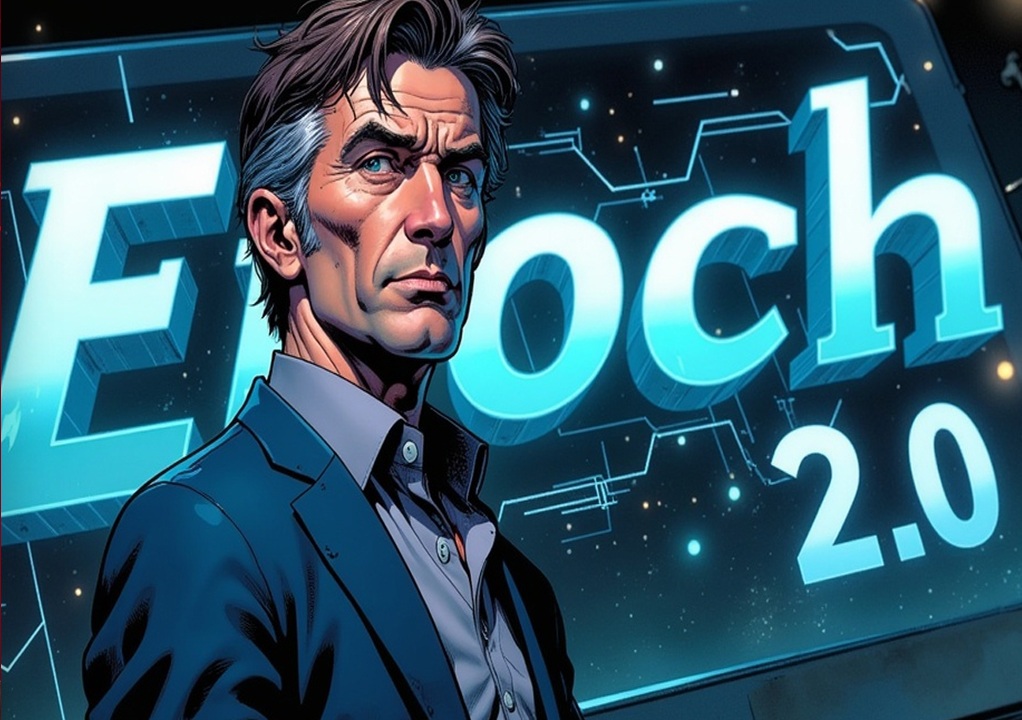EU insists its “content agnostic” Digital Services Act lines up with fundamental rights, but critics beg to differ
11/25/2025 / By Ava Grace

- The European Commission has released a self-assessment of the Digital Services Act (DSA), defending it as “content agnostic,” but critics argue it establishes a state-managed system of online censorship under the guise of public safety.
- The DSA legally enforces the EU’s previously voluntary “Code of Practice on Disinformation,” compelling major tech platforms to remove content deemed undesirable by EU authorities or face fines of up to 6% of their global revenue.
- The law is criticized for creating a “censorship-by-proxy” system, where platforms are incentivized to over-remove lawful content, including political dissent, to avoid massive penalties for violating the DSA’s vague definitions of “harmful” or “illegal” content.
- The DSA has triggered significant international backlash, particularly from U.S. officials who warn it suppresses American free speech and could lead to a major trade standoff, similar to past disputes like Canada’s digital tax.
- Despite criticism, the European Commission is moving to deepen its control by proposing stronger enforcement and a centralized “one-stop shop” for content regulation, which would further concentrate power over online speech in Brussels and expand the crackdown to independent creators and alternative media.
In a move that has ignited international controversy, the European Commission (EC) published a self-assessment of its landmark Digital Services Act (DSA), defiantly labeling the sweeping legislation as “content agnostic” and in alignment with fundamental rights.
The report, mandated by the law itself, has been met with mounting alarm from across the Atlantic and within Europe’s own civil society. Critics argue it whitewashes the DSA’s true function: entrenching a system of state-managed online speech under the deceptive banner of public “safety.”
The DSA represents the culmination of a years-long regulatory journey that began with a voluntary “Code of Practice on Disinformation.” What started in 2018 as a flexible, industry-led effort has now morphed into a legally binding censorship regime. Under the DSA, compliance with the EU’s disinformation code is no longer optional for the world’s largest tech platforms.
Failure to adhere to Brussels’ dictates on content moderation now carries the threat of massive fines, which can reach up to 6% of a company’s global turnover. This legal coercion forces platforms like Facebook, Google and X to proactively scrub content that EU bureaucrats deem undesirable.
The EC’s central defense of the DSA rests on the claim that it is “content agnostic,” meaning it does not directly regulate specific types of speech. Instead, it creates a procedural framework focused on “systemic risks” and demands transparency from platforms. However, this technical defense sidesteps the law’s real-world impact.
By imposing vague categories of “illegal” or “harmful” content and threatening crippling penalties, the DSA powerfully incentivizes platforms to over-remove lawful material. This creates a censorship-by-proxy system where private companies become the enforcement arm of state speech priorities, preemptively silencing dissent to avoid regulatory wrath.
Censorship by bureaucracy: The Transatlantic speech war
The implications of this European law are not confined to its borders. U.S. officials have issued stark warnings that the DSA’s vague definitions risk suppressing the legitimate political and religious viewpoints of American citizens, effectively allowing a foreign government to restrict First Amendment rights.
U.S. Ambassador to the European Union Andrew Puzder has declared that no American president, regardless of party, would tolerate such foreign overreach, recalling past trade clashes like Canada’s digital tax debacle. Secretary of State Marco Rubio has directed U.S. diplomats to actively challenge the DSA in European capitals, signaling a potential trade standoff.
The EC’s review has ignored a crescendo of concern from a broad coalition of experts. Last month, 113 figures from journalism, academia and law, including a former U.S. senator and a former vice president of Yahoo Europe, signed an open letter coordinated by the legal advocacy group ADF International.
The letter condemned the DSA for constructing a “pan-European censorship infrastructure with loosely defined boundaries and the potential to suppress legitimate democratic discourse.” They warned that the law’s broad definition of “illegal content” allows the most speech-restrictive laws of a single EU nation to set the standard for the entire bloc and potentially, the world.
Rather than addressing these fundamental criticisms, the EC’s report proposes to deepen its control. It calls for stronger enforcement cooperation between member states and even hints at creating an EU-wide “one-stop shop” for content regulation.
This would further concentrate authority over permissible speech in the hands of Brussels bureaucrats, bypassing dissent from more tech-liberal nations like Ireland. For online creators, journalists and alternative media outlets, this signals a broader crackdown, bringing independent voices under the same regulatory leash as state broadcasters.
“Control over online speech is a government-led effort to regulate and censor content on the internet,” according to BrightU.AI‘s Enoch. “It is presented as a long-term strategy, not a recent reaction to events, aimed at controlling what people can say and share online.”
As the EC forges ahead, disregarding transatlantic diplomacy and expert condemnation, it is clear that the DSA is not merely a content-agnostic framework. It is the engine of a new global standard for online speech.
Watch Jefferey Jaxen discussing how free speech is under siege thanks to the DSA.
This vide is from The HighWire with Del Bigtree channel on Brighteon.com.
Sources include:
Submit a correction >>
Tagged Under:
absurd, banned, big government, Censorship, content agnostic, Digital Services Act, European Commission, European Union, First Amendment, free press, free speech, freedom, Glitch, insanity, Liberty, obey, outrage, privacy watch, self-assessment, speech police, Suppressed, surveillance, thought crime, thought police, totalitarianism, Tyranny
This article may contain statements that reflect the opinion of the author
RECENT NEWS & ARTICLES
COPYRIGHT © 2017 SEARCH ENGINE NEWS





